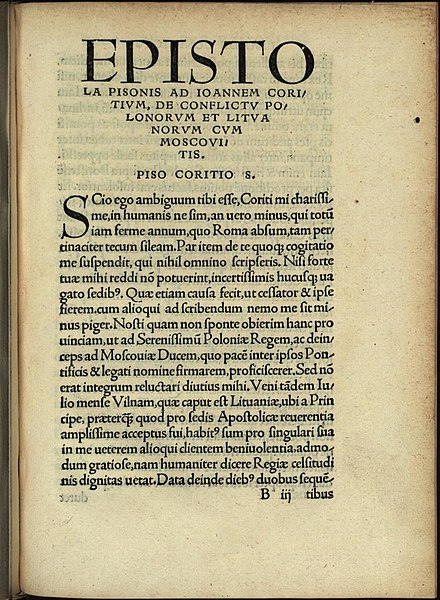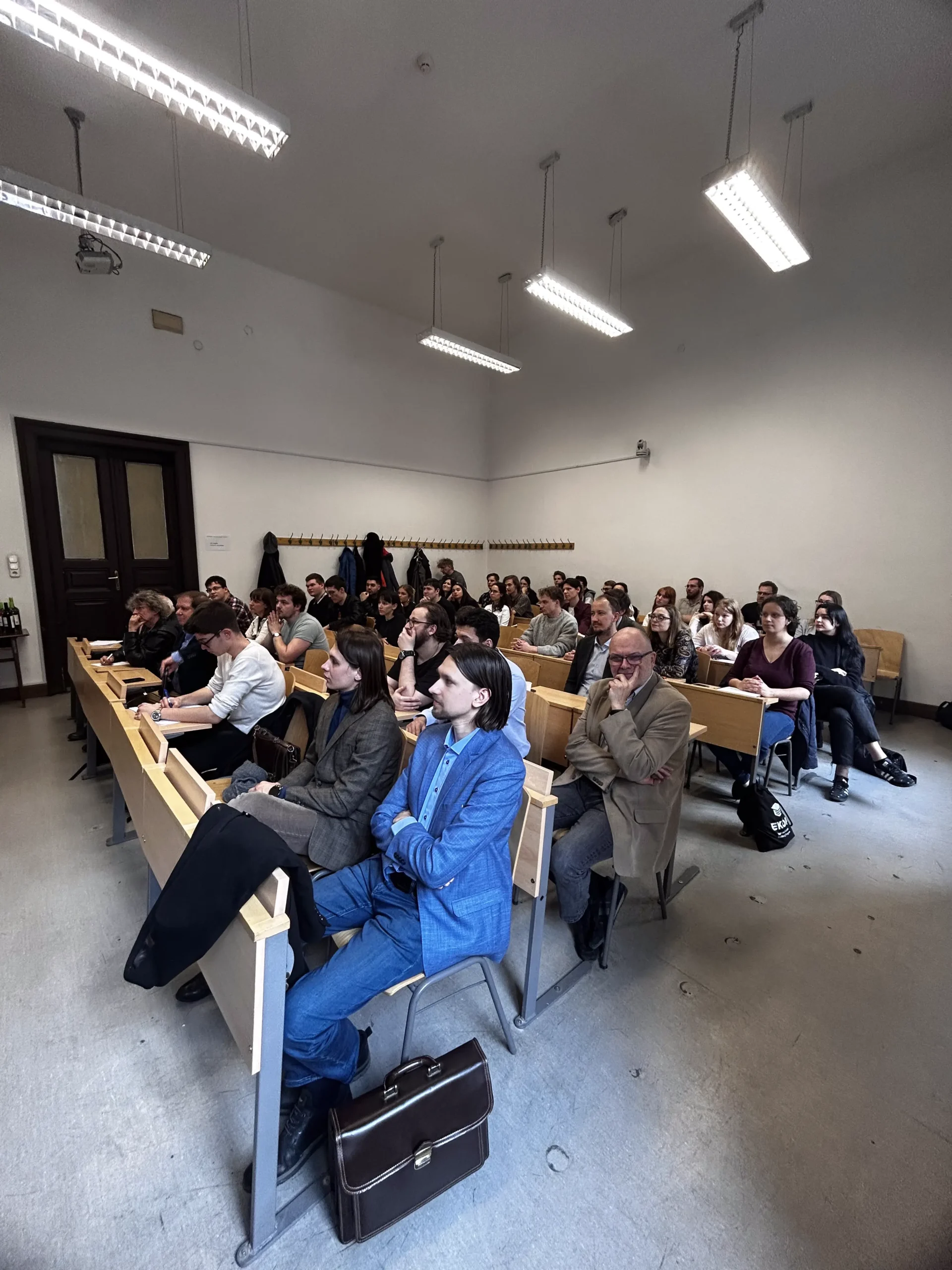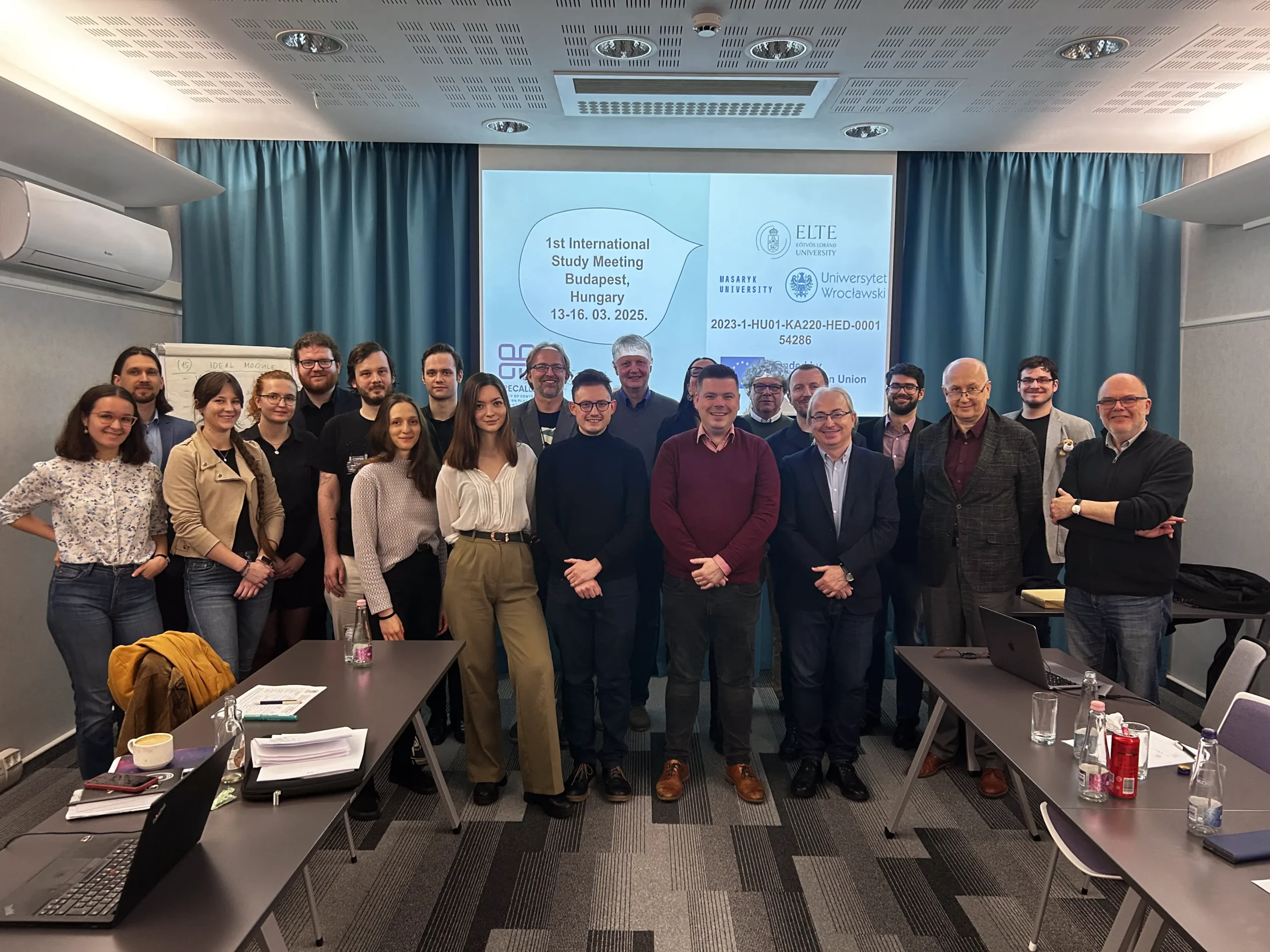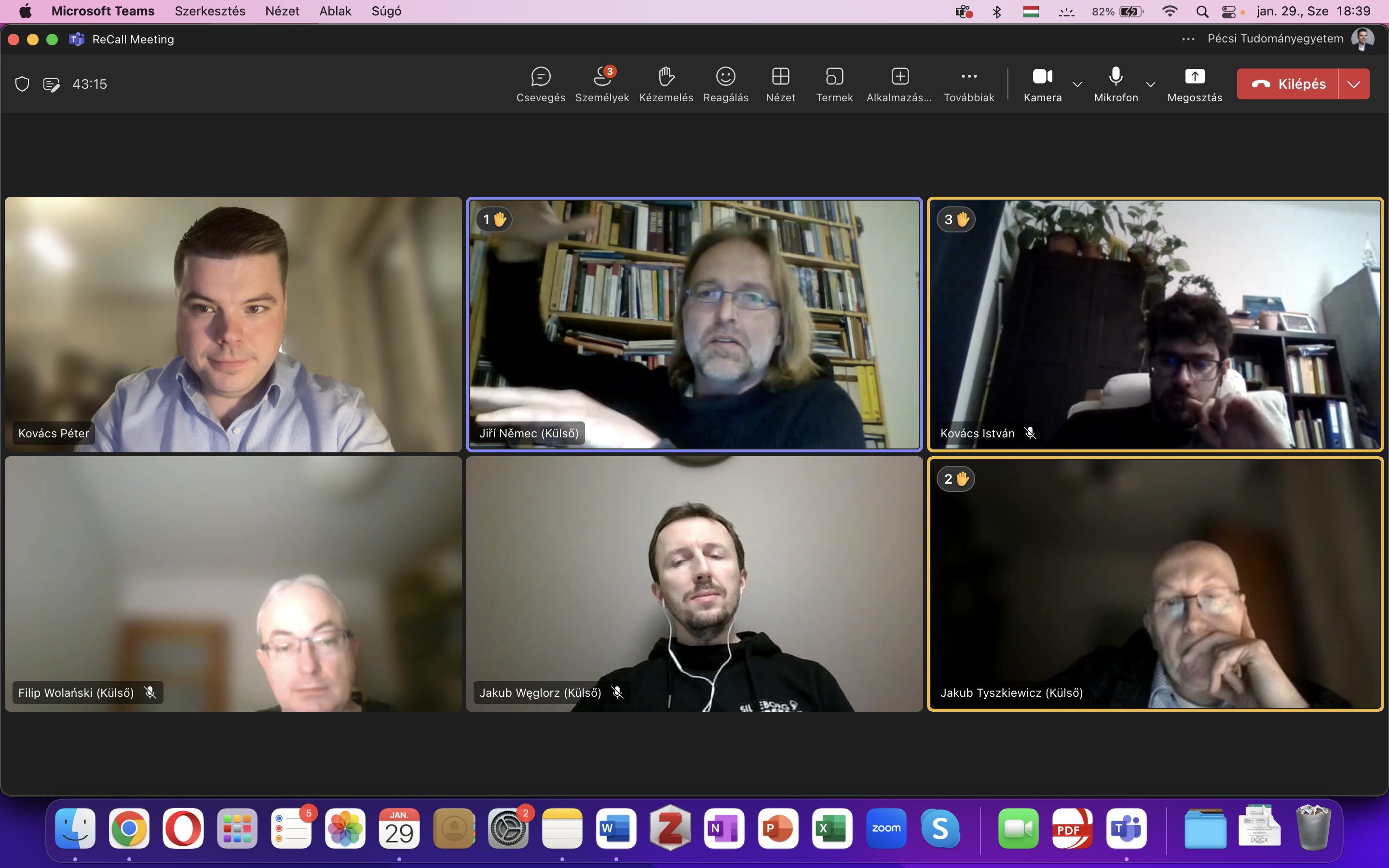Jacobus Piso and the court culture of the Jagiellonian court – Medgyes (Medias)
Fact of the Hungarian figure „Home of the Jagellos and the Habsburgs”
Part of the „Legacy of the Jagiellonians and Habsburgs dynasties” topic
Jakobus Piso, also known as Jakob Piso in German sources, was a prominent legal scholar, poet, and diplomat, born into a wealthy Saxon family in Medgyes (now Mediaș, Romania) in the late 15th century. Piso’s early life was marked by his father’s death, leaving him and his brother orphaned. Their uncle took responsibility for their education, eventually supporting Piso’s journey to Rome, where he earned his doctorate in law. Choosing not to return home, Piso instead immersed himself in the vibrant intellectual circles of the Renaissance, becoming a highly respected poet and diplomat.
Piso’s career was marked by significant achievements across Europe, blending humanism with statecraft in his service to the Jagiellonian and Hungarian courts. His talents gained the attention of prominent figures, and he became a royal envoy, even meeting with Pope Julius II in Rome. Piso’s network extended to notable humanists, including Erasmus of Rotterdam, with whom he maintained a lasting correspondence. Piso’s poetic contributions, especially those written in Latin, are considered some of the finest examples of Hungarian humanist poetry after Janus Pannonius.
In 1510, Piso represented Julius II in Krakow, seeking to unite Christian forces against the Ottoman Turks, but without success. Nevertheless, his diplomatic skills earned him favor with Sigismund I of Poland, who rewarded Piso with gifts for his role as an ambassador and his ability to bridge cultural and political divides. In 1515, Piso attended the pivotal meeting between Sigismund, Emperor Maximilian I, and Hungarian King Vladislaus II in Vienna and Pozsony (Bratislava), where significant alliances were formed among Central European powers. During these years, Piso was entrusted with the education of young King Louis II of Hungary, and his influence over the king extended to important state affairs. Louis II rewarded Piso with the St. Sigismund Prebendary in Buda, further solidifying Piso’s role as a central advisor.
Piso’s intellectual legacy is also reflected in his extensive works, which include diplomatic letters, poetic epigrams, and significant historical accounts. His Epistola ad Joannem Coritium de conflictu Polonorum et Lithuanorum cum Moscovitis, written in Vilnius in 1514, recounts Poland’s triumph over Russian forces, earning acclaim in Poland. Piso’s lifelong connection with Erasmus illustrates his standing within the humanist network and his reputation as a leading Hungarian intellectual figure of the time. His work not only contributed to Hungarian and Jagiellonian court culture but also strengthened Hungary’s intellectual ties within Central Europe. Tragically, Piso lost his wealth and his patron King Louis II during the Battle of Mohács in 1526, a loss that hastened his death in 1527 in Pozsony. His legacy, however, endures as a remarkable example of how humanist thought and diplomacy shaped Central Europe’s Renaissance-era dynastic relations.





